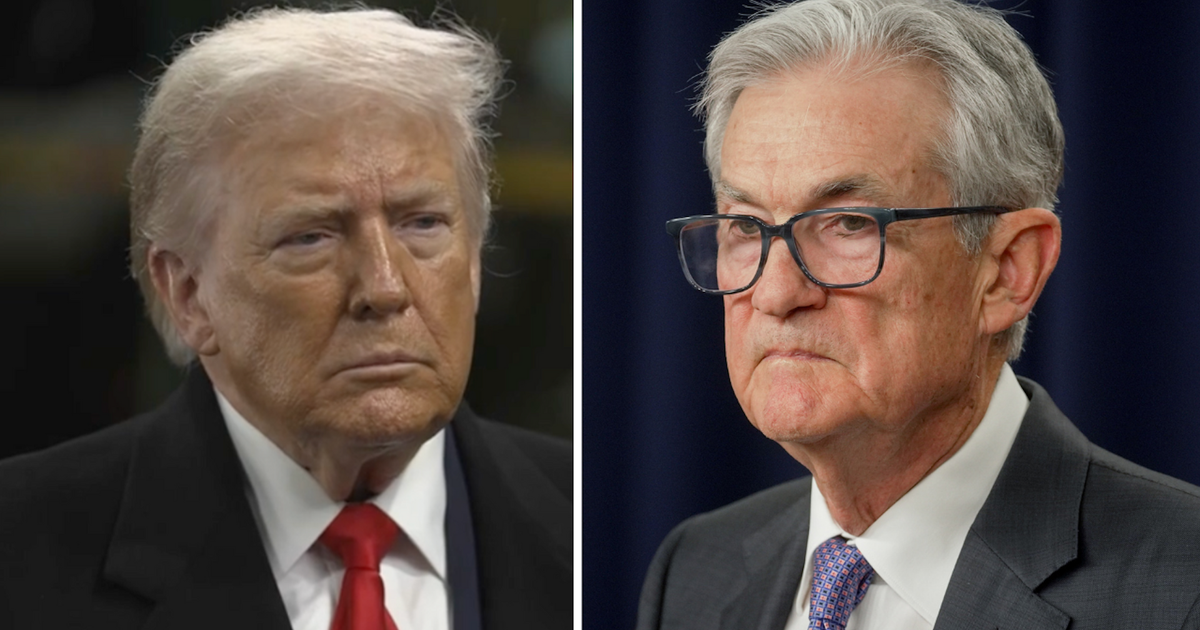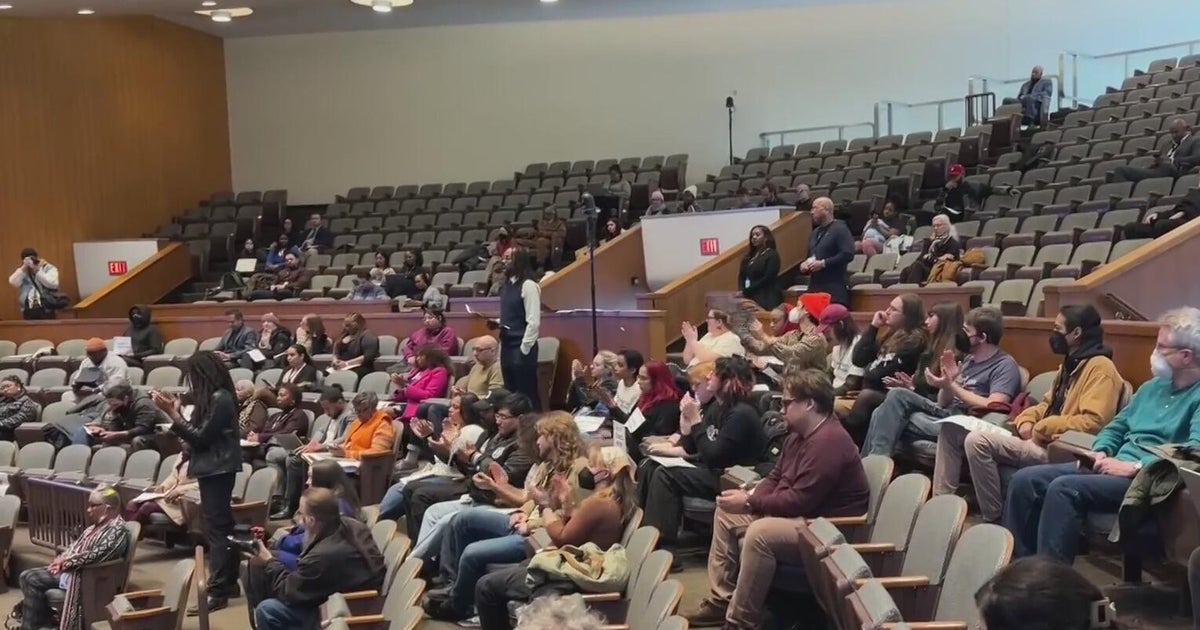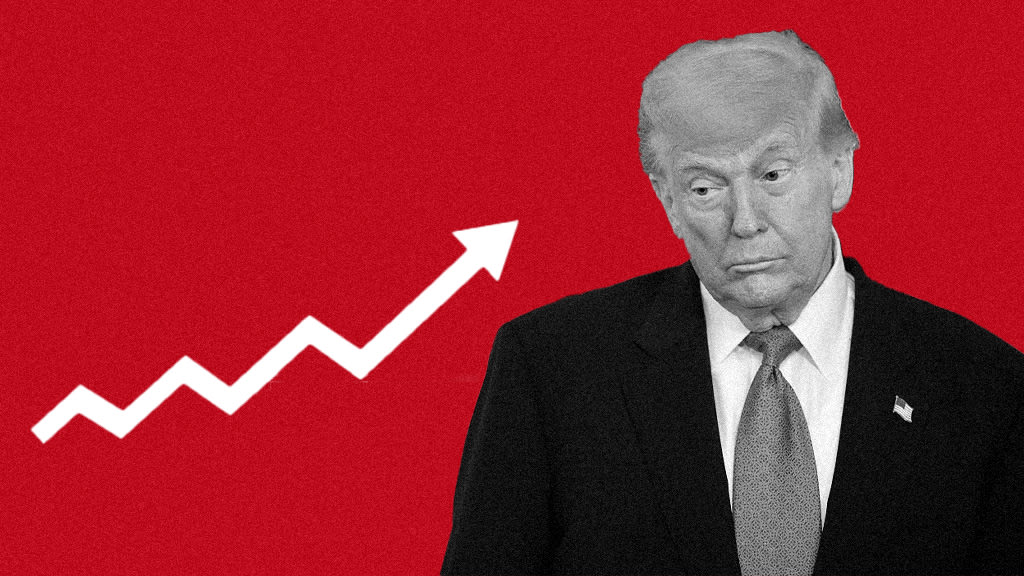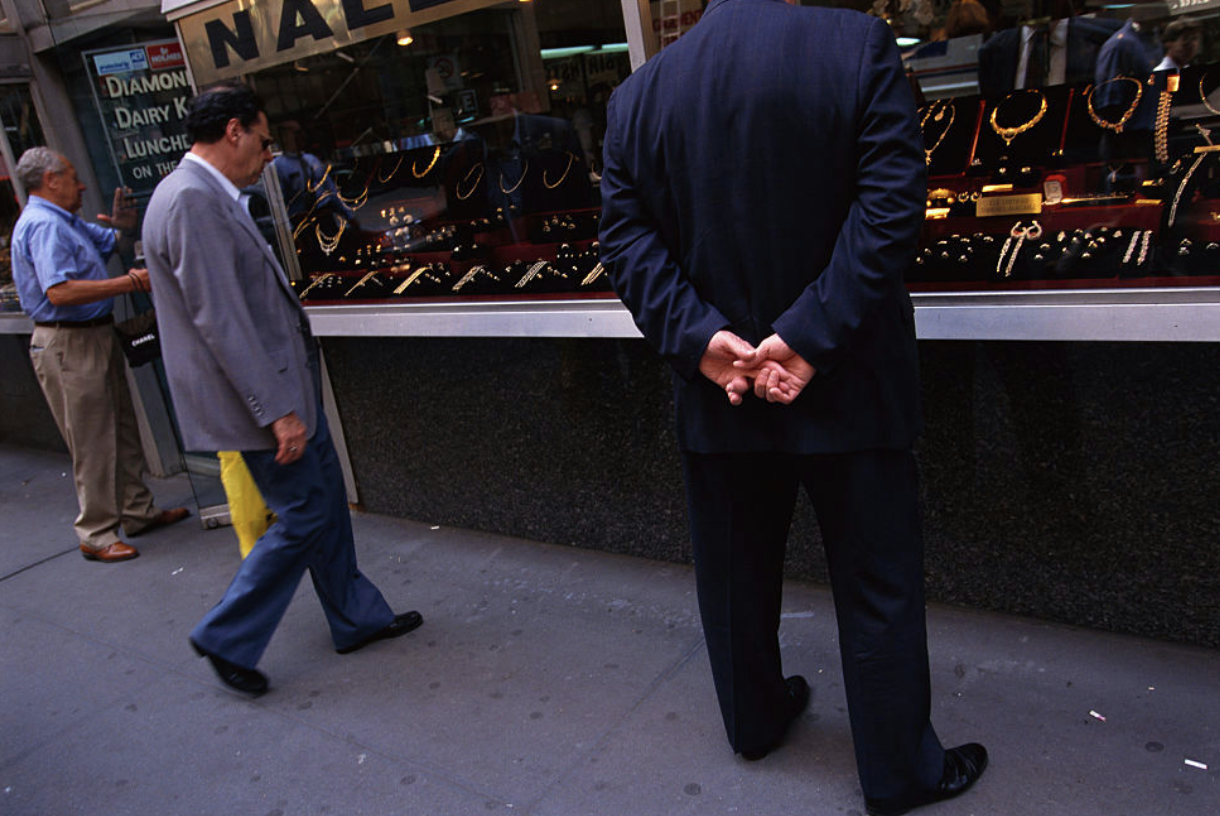Tumbling stocks a blip or a sign of things to come?
After a nine-year bull market, investors have grown accustomed to a stock market that wouldn't quit. But Monday's plunge -- the largest single-day point drop in the history of the Dow Jones industrial average -- and volatile trading on Tuesday have some asking whether the rout amounts to a blip or if it portends a broader downturn in the U.S. economy.
The Dow fell sharply on Friday and Monday, erasing the market's gains for 2018. On Tuesday, stocks opened sharply lower before recovering slightly and rebounding in late trading. The selloff was sparked by concerns that higher wage growth could drive up inflation and lead the Federal Reserve to raise interest rates faster than it planned.
The steep decline in equities in recent days is far from meeting the standard definition of a bear market: a drop in stock prices of least 20 percent. Some economists and market analysts don't foresee that happening, noting that the economy is generally strong and corporate profits are rising. The Republican tax cut, which was signed into law at the end of 2017, will reduce corporate taxes starting in 2018, which should provide an additional profit boost to businesses.
"[A] bear market would be defined as a 20 percent drop from a recent high," CBS News business analyst Jill Schlesinger told CBS Evening News. "The last two days were down eight and a half percent from the high reached on Jan. 26. So, close to a 10 percent correction, not there yet."
Rather than a bear market, the rout may be what Oxford Economics calls a "tantrum."
"Our view is that the worst-case scenario of a sustained market rout with major global macro consequences is quite unlikely," wrote Gabriel Sterne, head of global macro research at Oxford Economics, in a research note. "All the tantrums and market episodes of recent years have petered out quite quickly, and our view is that this one will probably take a similar turn."
Market corrections "are normal, no matter how nerve-wracking they are at the time," said Bankrate.com chief financial analyst Greg McBride, in a statement. He recommends investors maintain a long-term outlook and avoid "knee-jerk reactions."
He added, "The economy is improving, more people are working, they're seeing more money in their paychecks, and tax reform will boost the bottom line of businesses and households. If the market is falling, that means it's now on sale."
So what triggered the freefall in stocks? Fears of inflation and higher interest rates kicked off the selloff. Some market participants also are pointing to factors such as algorithms and "inverse volatility" exchange-traded products like the VelocityShares Daily Inverse VIX Short Term Exchange-Traded Note (XIV), which is designed to trade on the level of volatility in stocks.
"Products such as XIV had been steady earners for so long (thanks to the markets' subdued volatility) it is likely that retail investors might have piled in without realizing the inherent leverage embedded in the sale of volatility products," wrote Cowen analyst Jaret Seiberg in a research note.
Algorithms may have taught themselves to sell equities when wages pick up or inflation risk increases, he added.
Yet by many measures, the economy is gaining speed. Unemployment stands at 4.1 percent, the lowest rate since 2000, while businesses continue to hire. Wages are finally picking up, and corporations enjoyed strong earnings and revenue growth in 2017.
The stock-market plunge took place on the first day of work for new Federal Reserve chairman Jerome Powell, who was sworn in Monday. Some observers viewed it as no coincidence, Seiberg said.
"At least part of Washington sees this as the market challenging the new Fed chairman to ensure they are confident that he will maintain order and keep inflation in check," he said.
Powell, 65, was given the oath of office by Randal Quarles, the Fed's vice chairman for supervision, in a ceremony that took place before stock trading opened on Wall Street. In a pre-recorded video message, Powell did not mention the recent turbulence in financial markets.
Powell pledged that he and his colleagues would remain "vigilant" to any emerging economic risks.
President Donald Trump has tied his presidency in part to performance of the stock market, tweeting frequently that rising stocks are evidence of his administration's success.
Mr. Trump didn't mention the market decline on Monday, nor when reporters shouted questions as he returned to Washington after the markets had closed for the day. He did not tweet on the subject Tuesday morning.
Lawmakers are focused on the Dow because it's "the stock market indicator that members of Congress and their constituents understand," Seiberg noted. "As a result, it is the only number that really matters in Washington."
-- The Associated Press contributed reporting





